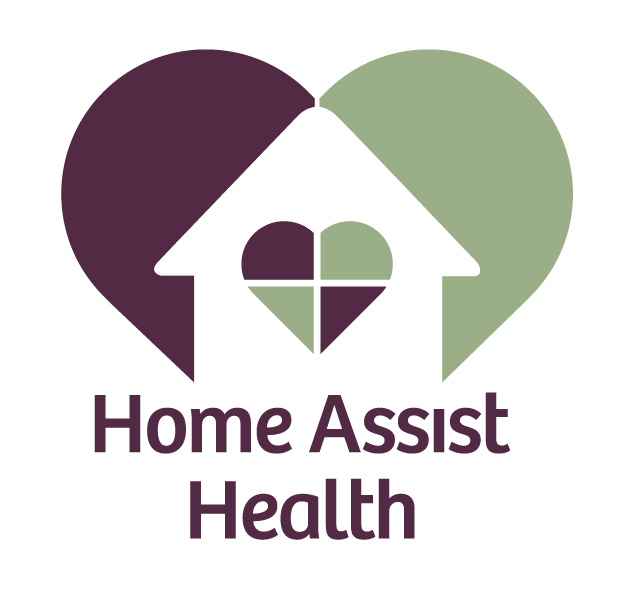Would you be able to tell if someone you love was having a heart attack? In recognition of Heart Month in February, it is a good time to brush up on the signs and symptoms of a heart attack, especially among the elderly, to be more prepared in case of this emergency. Every minute counts.
Heart attacks occur when cholesterol or other material build up in one or more arteries, blocking the flow of blood to the heart. As the arteries begin to clog, many people feel fatigued and have a noticeable decrease in energy. Symptoms vary from person to person and can develop over time. Most people don’t have all the symptoms of a heart attack at once, and they may have different symptoms if they have a second heart attack.
The most important thing to do if you suspect someone is having a heart attack is to call 9-1-1 right away. Immediate help is needed to get the blood pumping again and ensure the best chance to save a life.
The most common sign of a heart attack in an elderly person is sudden chest pain or discomfort, which lasts for more than a few minutes. Pain usually starts at the center of the left side of the chest, and it may go away for a time and then come back.
The pain feels uncomfortable like a heavy pressure on the chest. Some elderly people describe it as squeezing or fullness. Other people have reported that it feels much like indigestion or heartburn. The person may experience shortness of breath before the chest discomfort begins.
Signs of a heart attack may cause discomfort in the upper body. Poor blood flow can cause tingling in the arms, and pain in the neck or back, upper part of the stomach, or jaw. Other signs of a heart attack include nausea, vomiting, dizziness, and sudden sweating.
What Are the Risk Factors for a Heart Attack for the Elderly?
A heart attack in an elderly person is less likely to occur in seniors who participate in a healthy lifestyle throughout their lives. Some people have naturally high levels of certain chemicals in their bodies that pose a risk for a heart attack. These chemicals include homocysteine, C-reactive protein, and fibrinogen. A history of family members with a heart attack may pose a higher risk of heart attack than other seniors.
Elders can choose to reduce the likelihood of a heart attack by being aware of the following risk factors:
• Smoking, including second-hand smoke
• Inactive lifestyle
• High cholesterol
• Being overweight or obese
• Stress
• Alcohol
• High blood pressure
• Diabetes
Even if elders have not taken the best care of themselves during their lives, it’s often not too late to begin making changes that can reduce the potential for a heart attack. Encourage seniors to speak with their doctors and start making just a few positive changes like starting a new exercise regime and cutting back on fat, sugar, and alcohol. Starting a healthier lifestyle can begin to reverse the effects of arterial clogging and can make a very big difference for heart health.
The Key to Reducing the Risk of a Heart Attack is Prevention
The heart is a muscle, and just like other muscles in your body, it needs exercise. Your heart gets a workout when you exercise. Seniors who have been sedentary will want to start slowly, perhaps by taking a short walk every day and trying to go a bit farther over time. Caregivers to seniors will enjoy getting out and walking with them.
A healthy diet with limited fats and sugars is important for people of every age. Smoking is a large factor in causing heart attacks, so it’s an especially good idea for seniors to cut back on smoking or quit altogether. If they’ve been smoking for a long time, they may need some help to quit. Encourage the senior in your life to consult a physician on effective ways to quit smoking and other ways to reduce the chances of a heart attack.
Seeking Help at the First Signs and Symptoms of a Heart Attack
The first actions taken after the first symptoms of a heart attack can make all the difference in the outcome and lessen the damage to the heart. Treatment will begin with the emergency medical personnel and in the emergency room. Treatments may include aspirin, oxygen therapy, clot-busting medication, and surgery.
Time is of the essence when dealing with a heart attack. Lifesaving measures lose effectiveness the longer someone waits to get help. Speak up if the signs of a heart attack appear. The most important thing to remember is Do Not Wait.
